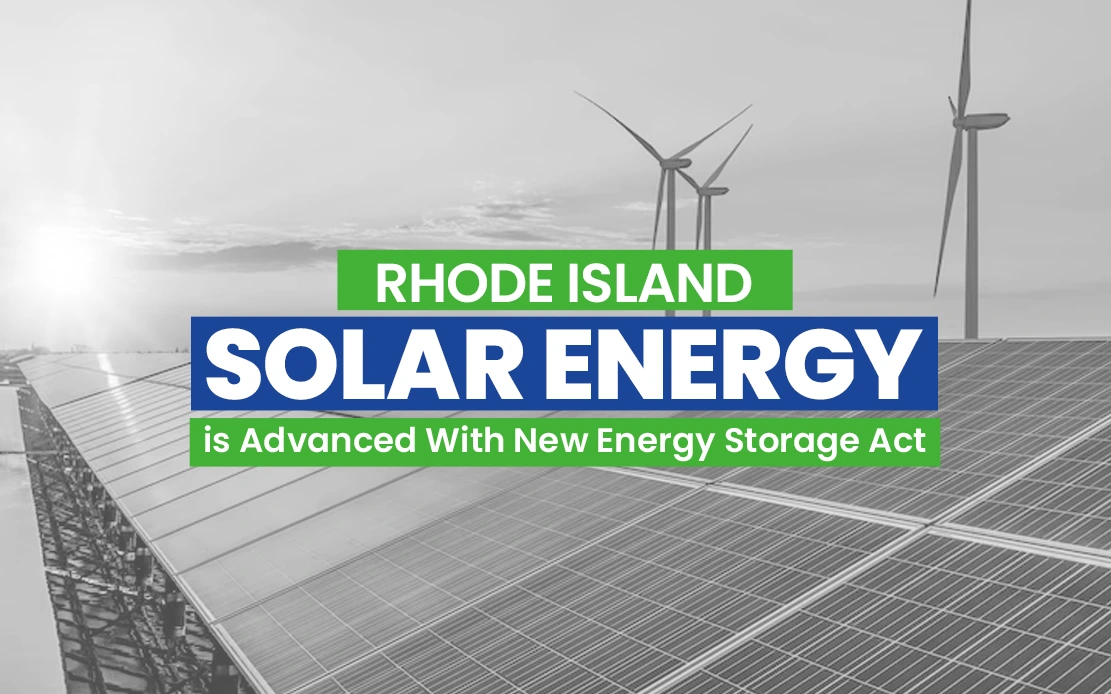In a bid to improve the use of renewable energy in the state, Rhode Island Governor Daniel McKee signed the 2024 Energy Storage Systems Act to reinforce the state's commitment to solar energy and infrastructure in sustainable energy. The new law was officially enacted in August and states energy storage systems as part of the clean energy policy in Rhode Island, nudging support for the state's solar industry and growing concerns about grid resilience and energy independence.
Rhode Island Solar Energy advancement aims for 90 MW of energy storage by 2026, 195 MW by 2028, and 600 MW by 2033. The 2024 Energy Storage Systems Act promoted incentives for energy storage projects that can store surplus power from solar and make that available at times of peak demand or low sunlight. This storage capacity is to stabilize Rhode Island's power grid, reduce the overall cost of electricity, and increase the reliability of renewable sources in urban and rural communities. With this act, Rhode Island is slowly integrating the just right blend of solar energy into a storage system to form a cleaner as well as more resilient grid.
According to Governor McKee, this bill "is an important step in our journey towards 100% renewable energy by 2030." The Act encourages businesses plus homeowners all across the state to adopt a large-scale and small-scale energy storage system. Such a move would allow the state of Rhode Island to encourage solar energy storage on its way toward developing infrastructures that would respond accordingly to volatile energy demand coupled with environmental challenges.
The state is moving ahead with the renewable initiative, and state officials are also on their move to address consumer protection. The state passed new rules early in the year directed towards protecting its people from fraudulent sales of solar energy. Rhode Island aims to help its residents benefit from renewable energy choices and ensure them of having the most transparent and just choices at the time of selection of the solar suppliers.
Rhode Island is the leading front runner among New England states in adopting renewable energy and attains this by being proactive. This region can be a model for other regions, encouraging energy storage with each installation of solar. It will lead to job creation in green energy, increase local economic activities, and aid towards the ambitious renewable energy targets.
Recycle Technologies supports Rhode Island with the same sustainability run while trying to safeguard consumers of the solar industry with integrity in all levels of clean energy sectors. As a firm that leads sustainable recycling solution, Recycle Technologies supports policies for transparency and community interests, which makes it an ethical and accessible attempt at clean energy innovation as in adopting solar power.
This is a commitment by Rhode Island toward building a resilient, transparent, and economically beneficial landscape for the future through a combination of energy storage incentives and consumer protections. By this example, the state is paving the way for other states on how proactive policies can change the ways of accessing and storing clean energy in communities.












